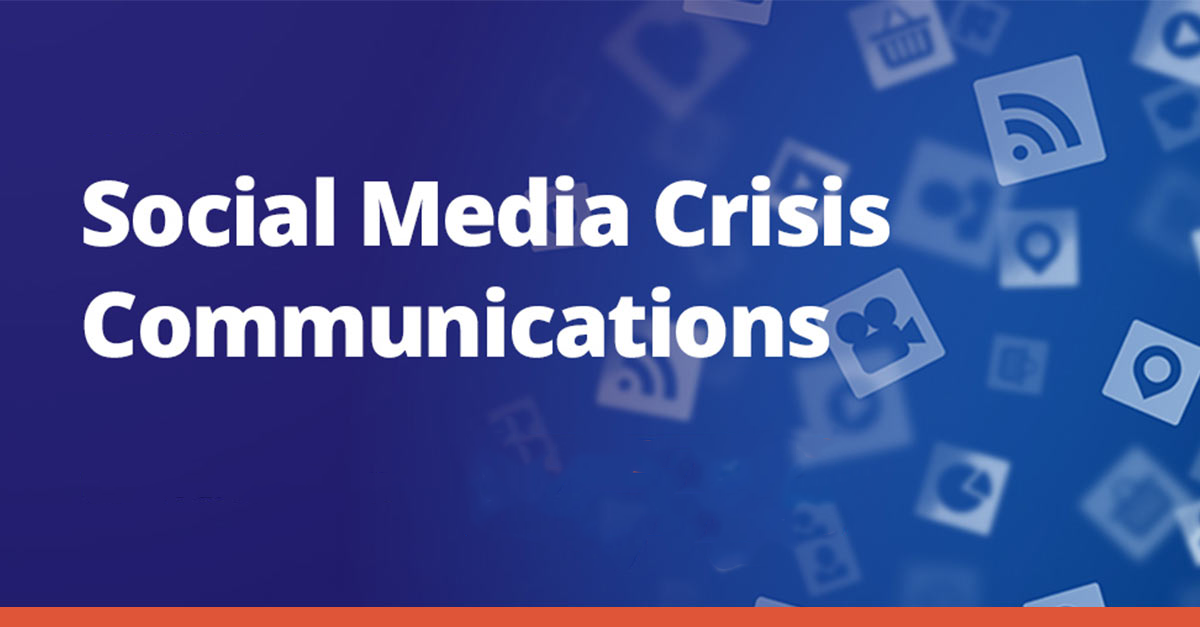Social Media Crisis
A social media crisis refers to a situation where negative information, controversy, or public outcry spreads rapidly across social media platforms, posing a significant threat to an organization’s reputation and brand image. These crises often escalate quickly due to the viral nature of social media, potentially impacting customer trust, stakeholder confidence, and overall business operations.
Key characteristics of a media crisis include:
- Rapid Spread: Information can spread instantaneously across social media channels, reaching a wide audience within seconds. This rapid dissemination amplifies the impact of the crisis.
- Public Scrutiny: Social media allows for real-time public commentary and scrutiny, making it challenging for organizations to control the narrative or mitigate negative perceptions effectively.
- Multiple Platforms: Crises can unfold on multiple social media platforms simultaneously, including Facebook, Twitter, Instagram, LinkedIn, and others, requiring comprehensive monitoring and response strategies.
- Impact on Reputation: Negative sentiment, viral hashtags, and widespread criticism can damage an organization’s reputation and brand equity, affecting customer loyalty and stakeholder relationships.
- Response Pressure: There is often pressure on organizations to respond swiftly and transparently. Delayed or inadequate responses can exacerbate the crisis and worsen public perception.
- Misinformation: Social media crises may involve misinformation or rumors that spread quickly, necessitating clear and accurate communication to correct falsehoods and restore credibility.
- Long-Term Consequences: The aftermath of a social media crisis can have long-lasting consequences, influencing consumer behavior, investor confidence, and regulatory scrutiny.
Effective management of a social media crisis involves proactive monitoring, rapid response strategies, transparent communication, and engagement with stakeholders. By addressing issues promptly, demonstrating accountability, and implementing lessons learned, organizations can mitigate damage and rebuild trust in the aftermath of a crisis.


